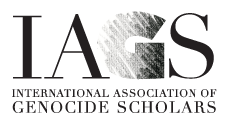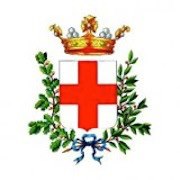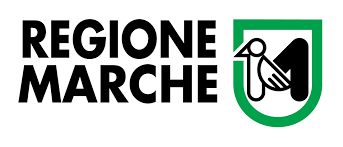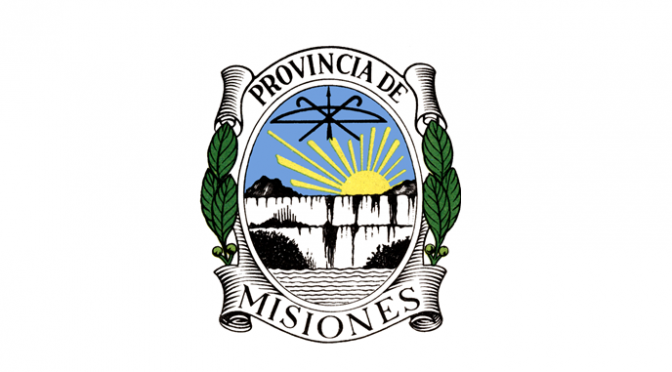Month: October 2015
-

Italian Abruzzo region passes resolution on Genocide recognition
(panarmenian.net) – The Italian region of Abruzzo on Tuesday, October 27 passed a bill to recognize the Armenian Genocide. According to Armenia’s Foreign Ministry, in a resolution adopted unanimously, the regional council expressed its solidarity with the Armenian people on the big tragedy’s centennial, thus supporting the nation-wide efforts towards the recognition of historical truth…
-

Jewish Public Policy Umbrella Calls on US to Recognize Armenian Genocide
(asbarez.com) — The Jewish public policy umbrella called on the U.S. government to recognize the World War I-era Turkish massacres of Armenians as a genocide, a reversal of years of the Jewish community treading delicately around the issue. The Jewish Council for Public Affairs at its annual meeting last week called on Jewish community organizations…
-

Genocide scholars urge Germany to acknowledge the Armenian Genocide
(Public radio of Armenia) In a letter addressed to Norbert Lammert, President of the German Bundestag, Norbert Röttgen, Chairman of the Foreign Affairs Committee of the Bundestag, and the heads of two factions, the International Association of Genocide Scholars urges Germany to recognize the Genocide of Armenians, Assyrians and Greeks in the Ottoman Empire. The…
-

Italy’s Ivrea City Council recognizes Armenian Genocide
(armeniangenocide100.org) The City Council of the Italian town of Ivrea, Piemonte region, unanimously recognized the Armenian Genocide on its October 12 session, according to press and information department of the Armenian Foreign Ministry. The statement indicates that by recognizing the historical fact the City Council offers it support to the Armenian nation and to the…
-

Italy’s Marche recognizes Armenian Genocide
(panarmenian.net) The regional council of Marche, Italy, has unanimously approved a measure to recognize the Armenian Genocide, Tert.am reports. In a resolution adopted on Tuesday, October 6, Marche expressed solidarity with the Armenian people on the tragedy’s centennial. Council members Boris Rapa (Uniti per le Marche), Moreno Pieroni (Uniti per le Marche), Gianluca Busilacchi (Partito…
-

Misiones Province Officially Recognizes the Armenian Genocide
(Prensa Armenia) The House of Representatives of the province of Misiones, Argentina, approved a law that adheres to the National Law 26,199, which establishes every April 24 as the “Day of Action for Tolerance and Respect between Peoples” in commemoration of the genocide against the Armenian people. Law VI-186 was enacted on September 3 in…